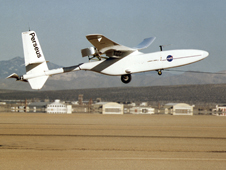Generally speaking, pilots don't like it when a computer interprets or limits their actions. They want final control. They don't always get their way on this but that's their preference.
If I recall correctly, Boeing tends to stick with the philosophy that "the pilot is the final arbiter." Airbus is more likely to preempt pilot inputs and modify them.
Although the majority of crashes and incidents wind up being pilot error, there is a serious flaw to modifying pilot inputs. That flaw is in the case of systems failure.
By definition, failure modes involve things going wrong. When things go wrong it's effectively impossible to plan, in automation, for all contingencies. People are much better at responding to the unknown than automation systems are.
Take for instance the rule that "bank angles > 45 degrees are dangerous, and are therefore prohibited". How does the plane know that the bank angle is > 45 degrees? Well it's a sensor of course, but what if the sensor has failed? A failed sensor will either signal to take action when none is needed or fail to signal when action is called for. What if the control surfaces have failed and the plane cannot correct the bank angle?
The usual answer to that is redundant systems, high reliability parts and design, etc. All those are great of course and certainly help a lot. However we still have incidents and accidents.
In the end the question is: Who do you trust more? A pilot or a machine? And statistics and science only help you part-way here. A person's experience, biases and feelings will have a lot to say about how they answer. And by "person", understand that I'm including the customers, the paying public.

 Perseus A before its final 21st flight.
Perseus A before its final 21st flight.